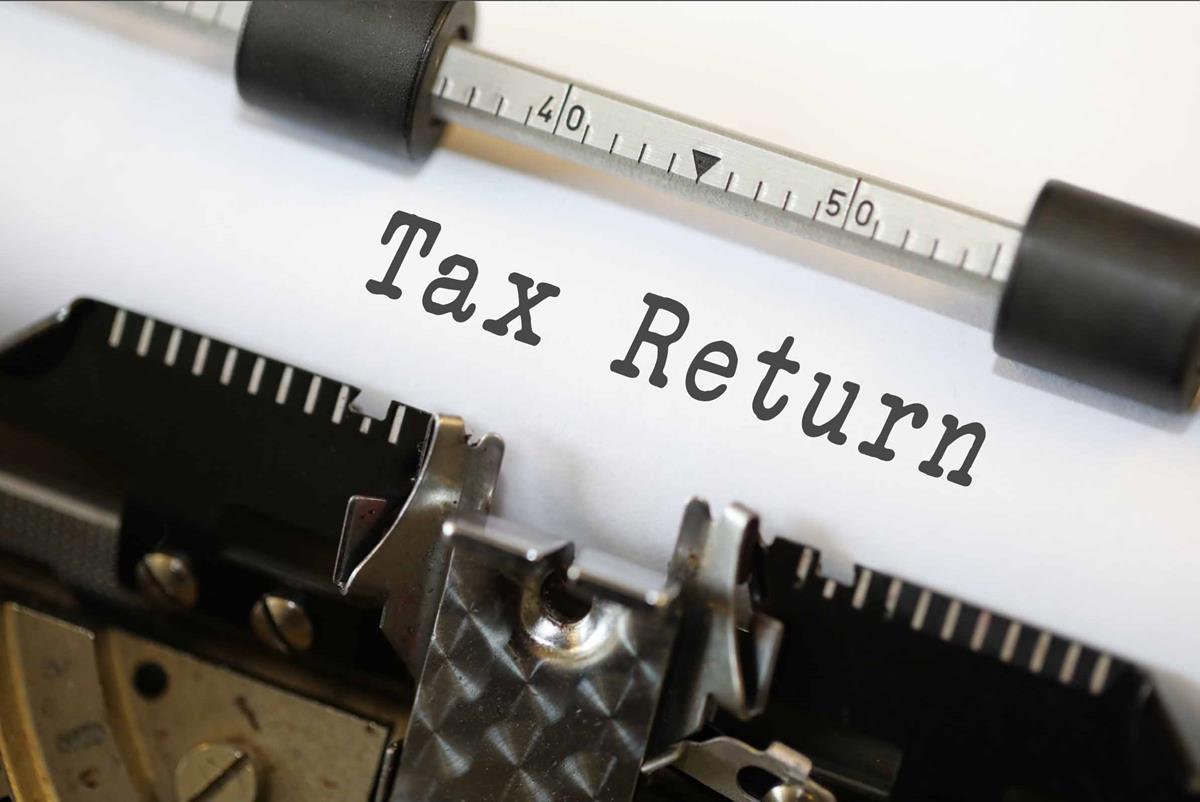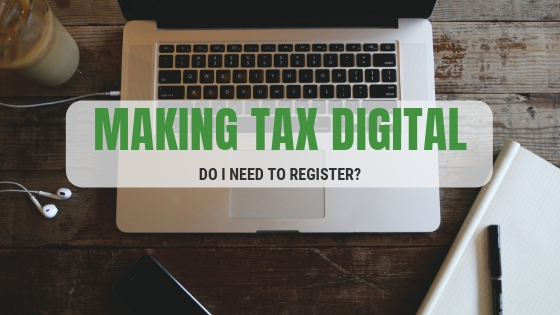A Quick Overview of the Autumn Statement 2016
 So, we’ve been waiting in anticipation for Philip Hammond MP to announce the Autumn Statement as Chancellor of the Exchequer. And in order to get the information out as soon as possible, we have got a quick overview of the Autumn Statement 2016 in a snapshot below.
So, we’ve been waiting in anticipation for Philip Hammond MP to announce the Autumn Statement as Chancellor of the Exchequer. And in order to get the information out as soon as possible, we have got a quick overview of the Autumn Statement 2016 in a snapshot below.
And how does the Autumn Statement affect the British population? Which changes have been put forward? If you’re keen to know – but can’t actually be bothered to read all of the detail, here is a quick overview of the Autumn Statement 2016 here for you.
And the main point that everyone wants to know is “Will We Be Better Off… Or Worse Off?”
Here are the “Winning” points:
- Savers A new savings account from National Savings & Investments is to be launched. It is expected to pay 2.2% over a three-year term on a maximum balance of £3,000. Details will be announced in the Budget next year, which will now take place in the autumn. It was announced that Autumn Statements will be moved to the spring and will involve “no major fiscal changes” except in response to unexpected circumstances. The annual ISA allowance will rise to £20,000 in April next year.
- Pensioners The “triple lock” on the state pension will remain in place.
- Those Aspiring Home Owners £7.2bn will be put towards support of the construction of new affordable homes, including spending by housing associations. A new £2.3bn Housing Infrastructure Fund will be established for infrastructure for up to 100,000 new homes in high-demand areas. The Help to Buy “equity loan” scheme and the Help to Buy ISA will remain.
- Taxpayers The tax-free personal allowance is raised to £12,500 and the threshold for higher-rate tax to £50,000 as per previous announcements. After 2020, the thresholds will rise in line with the consumer prices index. The National Insurance threshold for employees and employers will be aligned at £157 a week. There will be no cost to employees. Class 2 National Insurance contributions will be abolished in April 2018, which will simplify National Insurance for the self-employed, as mentioned in the Budget.
- Workers On State Benefits The amount of benefits that claimants can keep while in work is to be increased. More than £1bn will be diverted into the welfare system in a move designed to ease the impact of previous cuts. The Chancellor said the Government had no plans for further welfare savings measures in this parliament beyond those already announced.
- For Motorists A clampdown on whiplash claims will save each driver £40 on premiums. Fuel duty is to be frozen, saving the average driver around £130 a year compared with pre-2010 plans.
- Employees Earning Minimum Wage The National Living Wage will rise from £7.20 an hour to £7.50 from April 2017, and steps to ensure that people are paid the minimum.
- Parents The Chancellor confirmed that the Government would begin to roll out tax-free childcare across Britain in early 2017. He said this would represent a saving of up to £2,000 per child.
- Tenants Letting agents’ fees charged to tenants, which currently add as much as £500 to the cost of renting a home, are to be banned.
- Employees Who Are Made Redundant The first £30,000 of termination payments will remain tax-free. There had been fears of a reduction. As announced in the Budget, from April 2018 termination payments over £30,000, which are already subject to income tax, will also be subject to employers’ National Insurance contributions.
- Pension Savers The Government will shortly publish a consultation on options to tackle pension scams, including banning cold calling in relation to pensions, giving firms greater powers to block suspicious transfers and making it harder for scammers to abuse “small self-administered schemes”.
And the “Losing” points?
- Savers Using ‘Drawdown’ Pensions The annual allowance for saving into a pension for those who have started to “draw down” their pension savings will be cut to £4,000 from £10,000.
- Buy-To-Let Investors While tenants will benefit from the removal of upfront letting agents’ fees [winning point], landlords can expect to be worse off, if they now have to meet the costs of various agents’ services such as credit and immigration checks.
- Tax Avoidance Schemes To tackle tax avoidance, the Government would “strengthen sanctions and deterrents” and will take further action on disguised remuneration tax avoidance schemes.
- Employees Tax Perks The rules that govern “salary sacrifice” – buying services from your pre-tax income through your company are to be tightened. However, saving for your pension this way is not affected by the change in the rules. Arrangements relating to childcare, the Cycle to Work scheme and ultra-low emission cars are also unaffected.
- Insurance Policyholders Insurance premium tax (IPT) is to rise from 10% to 12%.
- House Buyers There has been no change to the stamp duty regime. The amount raised for the Exchequer from stamp duty is expected to rise from £11.3bn to £16.8bn by 2012-22.
- Foreign Pensions Tax treatment of foreign pensions will more closely mirror the UK’s domestic pension tax regime by bringing foreign pensions and lump sums fully into tax for UK residents, to the same extent as domestic ones. Currently there are opportunities to extract money without paying UK tax.
There you have it, a quick overview of the Autumn Statement 2016.
But what about the Autumn Statement 2016 from a business perspective?
Here are the key headline points for businesses:
- Corporation Tax To Fall To 17% Corporation tax will continue to fall to 17% by 2020 and this is in-line will measures introduced in Budget 2016. Hoping to help benefit over a million businesses, this rate will be the lowest of any G20 nation.
- £1bn To Be Invested In Full-Fibre Broadband And Trialing 5G Networks Over £1bn will be invested in digital infrastructure in the hope to make the UK a “world leader in 5G”. From April 2017, 100% business rates relief will be provided for new full-fibre infrastructure for a five-year period.
- £400m To Be Invested In Growing Innovative Firms The government, through the British Business Bank, will be investing £400m into VC firms to support scale-ups and smaller businesses.
- UK Export Finance Capacity Doubled UK Export Finance capacity was doubled – with the aim to make it easier for British businesses to export and receive insurance from the private sector.
- Supporting Management Skills For Businesses Sir Charlie Mayfield’s review of business productivity will be implemented, with the government providing £13m to help businesses improve their management skills.
What To Do Next?
Want to know how some of these changes may affect you and your business? We can give you advice on how best to adapt to the changes as outlined in the Autumn Statement. Schedule a discussion here or call us on 020 8643 9633.









